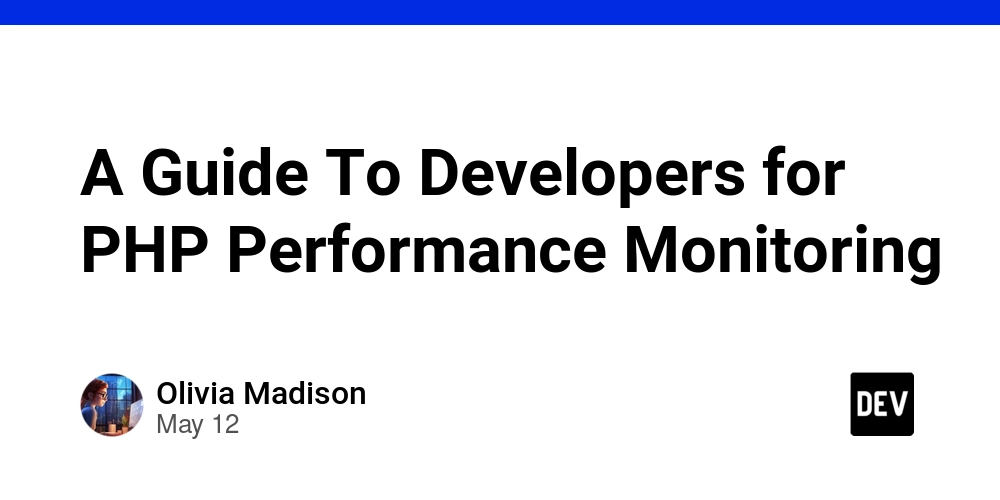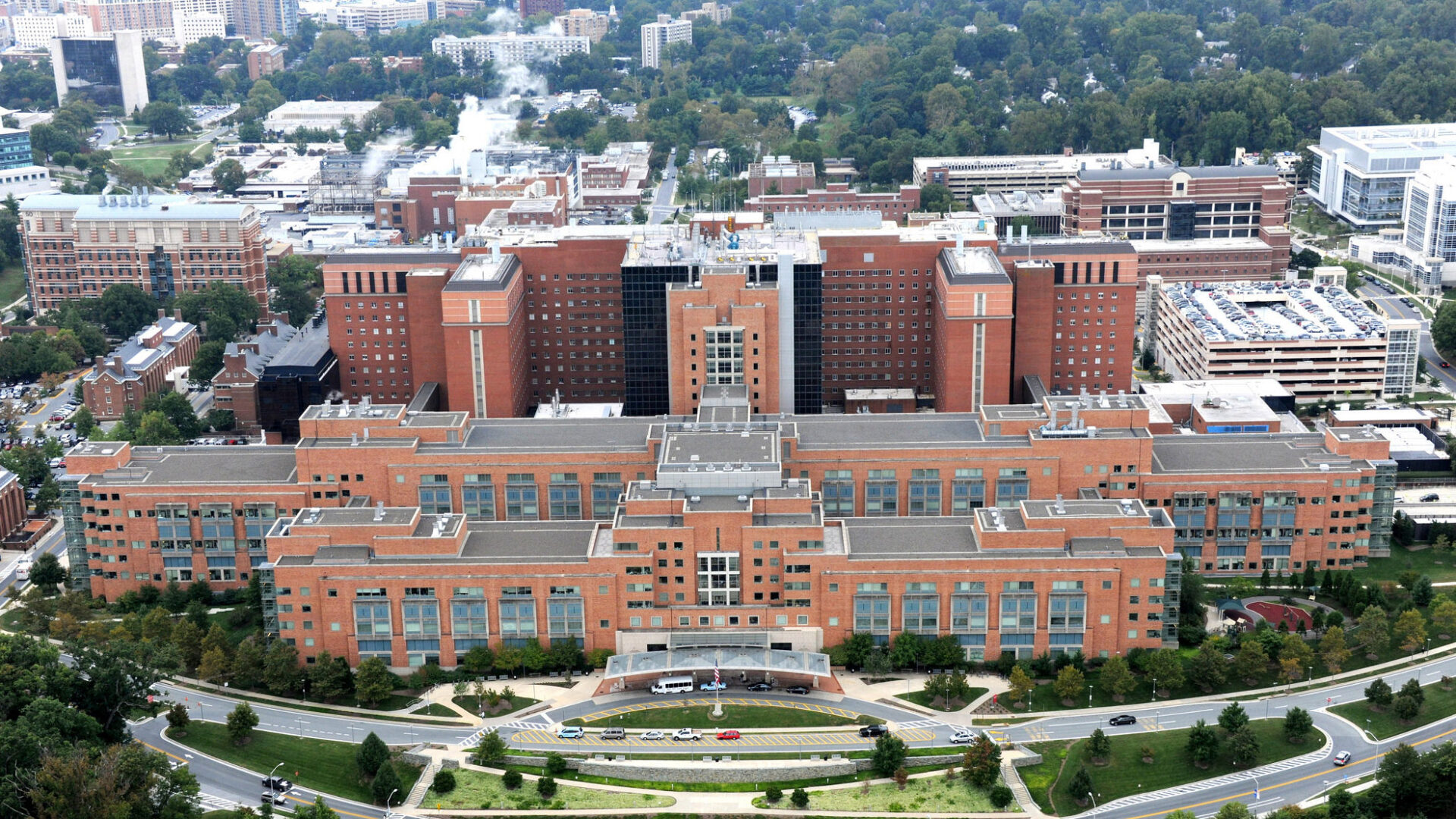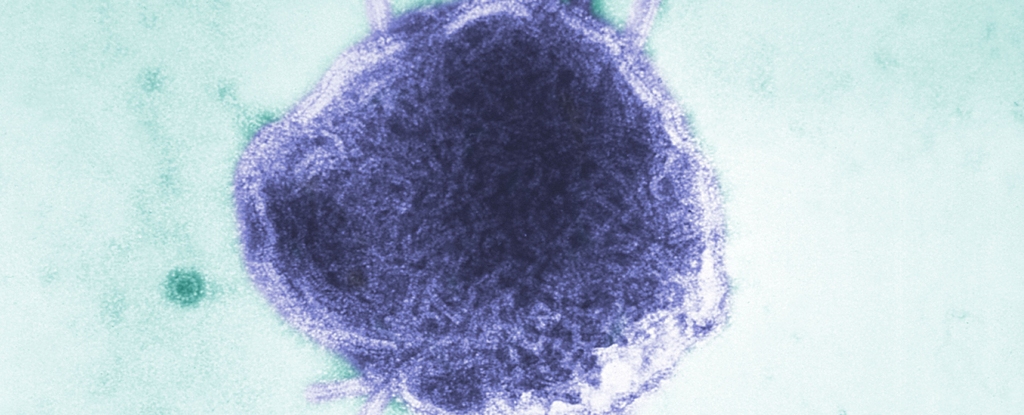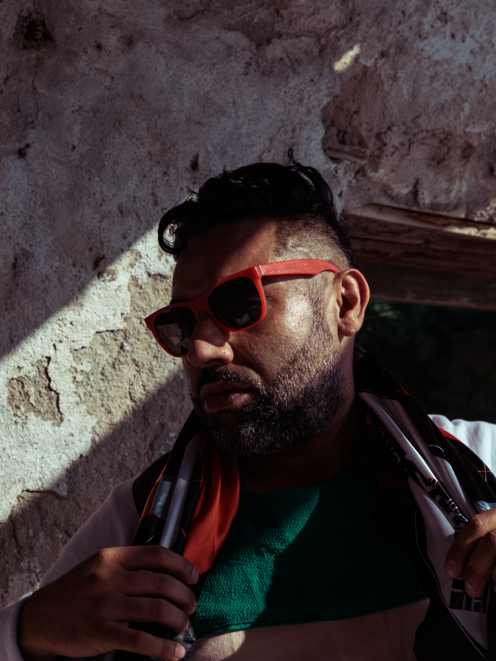India and Pakistan Cease-Fire Appears to Hold Despite Accusations of Violations
Both sides had accused each other of violating the agreement.


Amid escalating conflict, accusations of continued strikes, and grave concerns that the two countries may engage in a full-out war, India and Pakistan agreed to an immediate cease-fire on Saturday, May 10, after U.S.-led talks. Hours after the deal was confirmed, there were accusations from both sides that the agreement was not being entirely upheld. [time-brightcove not-tgx=”true”]
President Donald Trump made the initial announcement of a break in fighting over his social media platform, Truth Social, on Saturday morning. “After a long night of talks mediated by the United States, I am pleased to announce that India and Pakistan have agreed to a full and immediate cease-fire,” he said. “Congratulations to both countries on using common sense and great intelligence. Thank you for your attention to this matter!”
Pakistan’s Foreign Minister Ishaq Dar confirmed the news shortly after, via a post on X (formerly Twitter). He wrote: “Pakistan and India have agreed to a cease-fire with immediate effect. Pakistan has always strived for peace and security in the region, without compromising on its sovereignty and territorial integrity!”
India’s Foreign Secretary Vikram Misri provided further details during a news conference, saying it had been agreed that both parties “would stop all firing and military action” from 5 p.m. Indian Standard Time (7:30 a.m. ET).
External Affairs Minister of India Subrahmanyam Jaishankar also confirmed the agreement via a post on X. “India and Pakistan have today worked out an understanding on stoppage of firing and military action. India has consistently maintained a firm and uncompromising stance against terrorism in all its forms and manifestations. It will continue to do so,” he said.

News of the cease-fire came after India and Pakistan continued to accuse each other of strikes overnight into Saturday morning. There’s been a resurgence of tensions between the two countries in recent years, and things escalated dramatically after an April 22 terrorist attack in Pahalgam, Indian-administered Kashmir killed 26 people. The region of Kashmir has been the subject of dispute between India and Pakistan since both gained their independence from Britain in 1947. The two countries control parts of the region but both claim it in full. India claimed that Pakistan supported and aided the April 22 attack in Kashmir, and launched “Operation Sindoor” in retaliation. Pakistan has denied involvement in the April 22 attack.
Clashes have spiked since then, amounting to reports of drone and missile strikes. India’s Prime Minister Narendra Modi suspended a key water-sharing treaty from 1960, which allows both countries to source water from the Indus Basin. Pakistan said this suspension could be “considered as an act of war.” Pakistan retaliated further by suspending the Simla Agreement of 1972, which served as a peace treaty between the two rival countries. Amid the recent back-and-forth attacks, dozens of civilians have been reported killed on both sides.
Read More: India and Pakistan: A Timeline of Tensions Over Kashmir
Hours after the cease-fire was announced on Saturday, explosions were heard across the cities of Srinagar and Jammu in India-administered Kashmir, the Associated Press reported.
Omar Abdullah, the chief minister of Jammu and Kashmir, said in a post on X: “What the hell just happened to the cease-fire? Explosions heard across Srinagar.”
The cause of the blasts has yet to be determined.
In a televised address on Saturday night, India’s Foreign Secretary accused Pakistan of violating the agreement. “For the last few hours there have been repeated violations of the understanding arrived at earlier this evening between the directors general of military operations of India and Pakistan,” Misri said.
While Pakistan’s Prime Minister Sharif didn’t mention the reported cease-fire violations in his own Saturday night televised address, Pakistan’s Foreign Ministry later rebuffed the accusations, saying it was India who had violated the cease-fire, and that Pakistan’s armed forces had addressed the situation with “responsibility and restraint.” They stated that Pakistan “remains committed to a faithful implementation of the cease-fire.”
Despite additional reports of overnight fighting at the border in the long-disputed Kashmir region, the cease-fire largely appears to be holding on Sunday.

How involved was the U.S. in mediating talks between India and Pakistan?
On Saturday morning, shortly after Trump’s initial announcement, U.S. Secretary of State Marco Rubio provided further details of the United States’ role in mediating talks. “Over the past 48 hours, [Vice President J.D.] Vance and I have engaged with senior Indian and Pakistani officials, including Prime Ministers Narendra Modi and Shehbaz Sharif, External Affairs Minister Subrahmanyam Jaishankar, Chief of Army Staff Asim Munir, and National Security Advisors Ajit Doval and Asim Malik,” he said in a post on X. “I am pleased to announce the Governments of India and Pakistan have agreed to an immediate cease-fire and to start talks on a broad set of issues at a neutral site.”
Vance responded by saying: “Great work from the President’s team, especially Secretary Rubio. And my gratitude to the leaders of India and Pakistan for their hard work and willingness to engage in this cease-fire.”
An update shared on social media by the Indian government did not mention U.S. involvement in the mediation talks. “India and Pakistan was worked out directly between the two countries,” the statement read.
In contrast, Pakistan’s Prime Minister Shehbaz Sharif acknowledged the U.S. and took to social media to express gratitude to Trump. “We thank President Trump for his leadership and proactive role for peace in the region. Pakistan appreciates the United States for facilitating this outcome, which we have accepted in the interest of regional peace and stability,” he said.
Sharif went on to personally thank Vance and Rubio for “their valuable contributions for peace in South Asia,” adding that Pakistan sees this as a “new beginning in the resolution of issues that have plagued the region and prevented its journey toward peace, prosperity and stability.”
Trump returned to the conversation once more at the close of Saturday, saying he was “proud” of India and Pakistan for stopping the “aggression that could have to the death and destruction of so many.” He went on to say he was “proud” the U.S. was able to help implement the cease-fire and looked to the future of what else can be done to stop the conflict between the rival countries.
“I am proud that the USA was able to help you arrive at this historic and heroic decision. While not even discussed, I am going to increase trade, substantially, with both of these great nations,” Trump said in a post on Truth Social. “Additionally, I will work with you both to see if, after a ‘thousand years,’ a solution can be arrived at concerning Kashmir. God Bless the leadership of India and Pakistan on a job well done!”
Meanwhile, news of the India-Pakistan cease-fire has been well received by global leaders, with many echoing Trump’s hope that a long-lasting solution might one day be agreed upon.
In his first Sunday address as Pontiff, Pope Leo delivered a “message of peace” to the crowds at St. Peter’s Square, during which he said: “I welcomed the announcement of the ceasefire between India and Pakistan and I hope that through negotiations we can reach a lasting agreement.”











































































